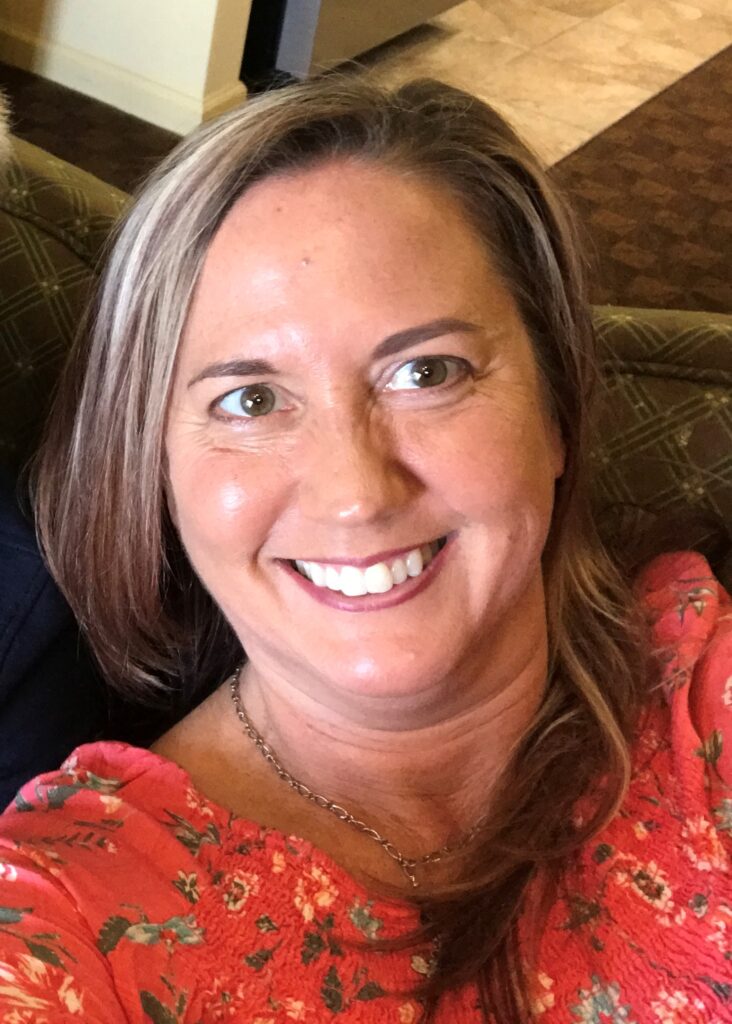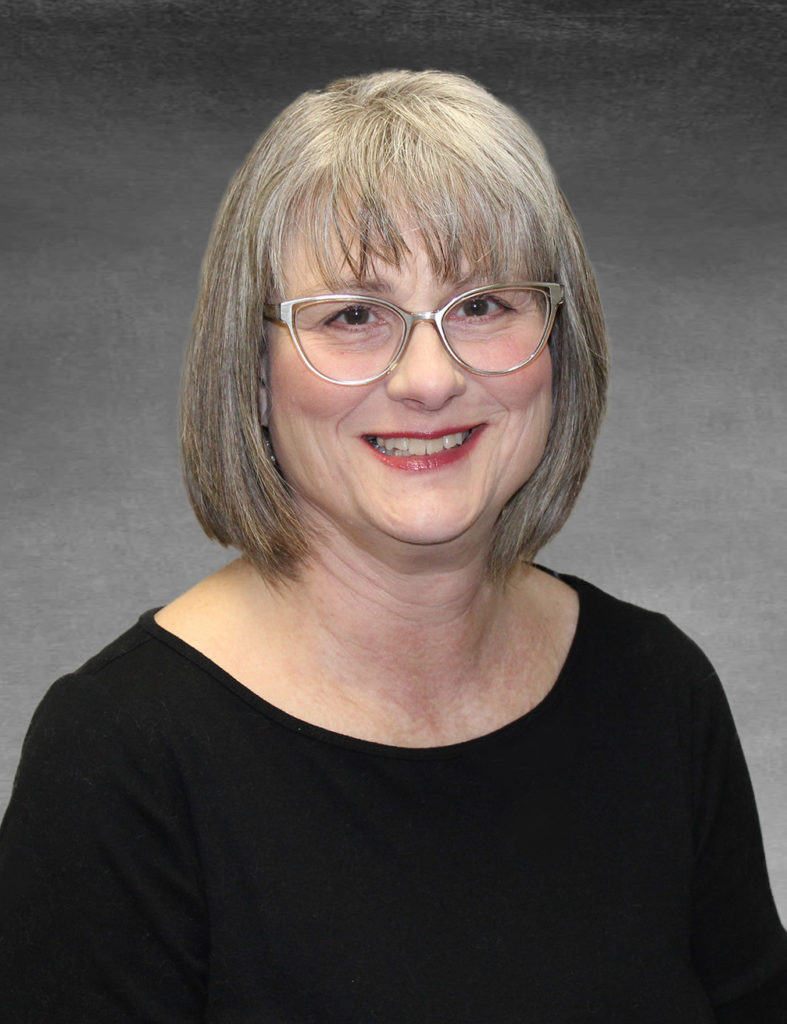Masks Mandate Creates Unintended Difficulties for Deaf
A recent Executive Order from Michigan Governor Gretchen Whitmer has led to some unintended headaches for the state’s Deaf, DeafBlind and Hard of Hearing.
As the name suggests, “Executive Order 2020-153: Masks” deals with the wearing of face masks as a way to avoid Covid-19 and keep the state safe. It mandates that any individual in Michigan who leaves their home or place of residence must wear a face covering over their nose and mouth in a variety of situations, including “when in any indoor public space.”
This is where some of the problems begin to arise for the Deaf, DeafBlind and Hard of Hearing.
Local education and advocacy agency Deaf & Hard of Hearing Services places hundreds of interpreters every month across West Michigan.
Interpreter Referral Specialist Linda Vander Leek says both interpreters and those they serve are being denied access to communication as a result of people not knowing that “Executive Order 2020-153: Masks” allows for an exception for the Deaf, DeafBlind and Hard of Hearing.”
“It’s down a little further (in the order),” Vander Leek notes, “but it is quite clear.”
Indeed the order says: “The requirement to wear a face covering does not apply to individuals who … are communicating with someone who is deaf, deafblind, or hard of hearing and where the ability to see the mouth is essential to communication.”
So Vander Leek and Deaf and Hard of Hearing Services are working hard since the order was released to remind hospitals, medical clinics, businesses and more to work with the Deaf, DeafBlind and Hard of Hearing on good communication, even if that means dropping the mask and social distancing.
“Interpreters have been frustrated,” says Vander Leek, “and the people they work with have been just as frustrated. So we’re trying to get the word out about the exception to the policy.”
Nancy Piersma is the Community Education Coordinator for Deaf and Hard of Hearing Services. Born Deaf, she uses both lip reading and sign language and has experienced the difficulties of masks in a Covid-19 environment.
On a recent visit to a pharmacy, she was frustrated when the person behind the counter would not lower their mask. She finally got results when she moved much further back then she had been at which point the person helping her dropped their mask so Piersma could see their mouth.
“There is a lot of fear out there right now,” said Piersma, “but if we work together, we can get through it. I want Deaf people to know their rights, but I also want hearing people to know that we’re in this together, and we need to work with each other.”
To that end, she and Vander Leek and the team at Deaf and Hard of Hearing Services have some tips for people who need to communicate during Covid-19 with the Deaf, DeafBlind and Hard of Hearing, including:
- Use communicator masks when available with the Deaf, DeafBlind and Hard of Hearing (these are masks that have a clear plastic panel over the mouth and allow for mouth morphemes (the way the mouth moves) and for lip reading)
- Use face shields instead of masks with the Deaf, DeafBlind and the Hard of Hearing (shields allow for even more visibility of the mouth and face for mouth morphemes and lip reading) and Piersma said they are valuable to her as both a Deaf person and as someone who needs to see the face of both parties when she communicates with another Deaf individual
- Get the Deaf person’s attention before speaking. A wave or another visual signal is best
- Look directly at the person when talking and don’t turn your back
- Make eye contact
- Be patient
And, says Vander Leek, “people who have questions or concerns, can always contact us. We believe in advocacy and we believe in education. We have found during Covid-19 that we have lots of opportunities to do both, so we are always happy to help people through these issues.”


